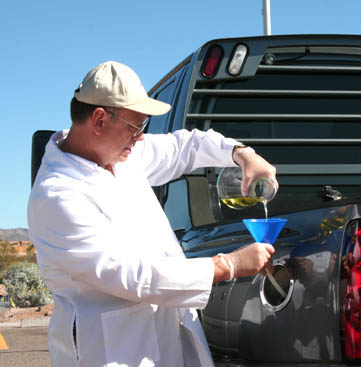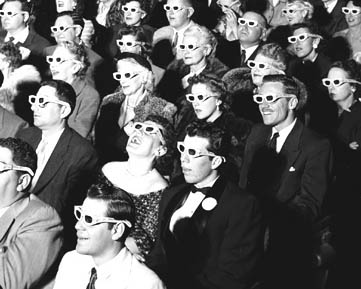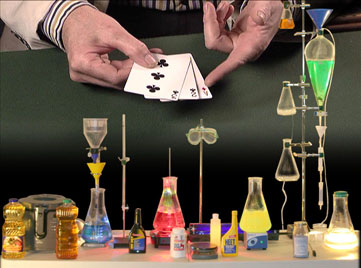|
|
|
INTRODUCTION:
SCIENTIFIC
SKEPTICISM
|
| You probably have heard of "book-smart" versus
"street-smart". Book-smart means you are smart about what textbooks
present you. Street-smart means you are smart with what the "street"
and "life" present you. Just being book-smart means you can do
well in school but you may easily fall victim to bogus products, false claims,
and unscrupulous people encountered in daily life. A street-smart person
is good at spotting a con-artist or a bogus product, not because they know
why a bogus product doesn't work, but because they can tell there's something
fishy about the sales pitch. The ideal way of being smart is being both
book-smart and street-smart. |
 |
|
Scientific
Skepticism is a way to be both book-smart and street-smart. Skepticism
means one is open to ideas and products but also wants to see some evidence
of the claims. It's a street-smart approach. If someone is trying to sell
you an additive to your gasoline that will double your gas mileage, you
will say, "That's good, but I'd like to see some evidence of that."
The "scientific" part of "scientific skepticism" will
evaluate the evidence using a knowledge of science and scientific methods.
The scientific skeptic may also reply "The product is interesting.
I'd like to check it out for myself."
|
 |
| Scientific skepticism
is pretty much like common sense, but why is it that so many people tend
to abandon common sense? It has to do with techniques that fool our mind
and with our tendency to have the mentality of an audience. The below two
tutorials address these issues. |
 |
PROBLEM WITH AUDIENCES
Audiences come to enjoy a performance.
Their frame of mind is to entertained. Not much interest is given to
what happened in preparation of the performance or what happens after
the performance. This makes them uninformed to the full depth of what
the performance really should mean to them. As citizens and consumers
we often have the same shallow insight as audiences. We are focused
just on the product, results, performance, or solution. This makes us
rather gullible and vulnerable.
A1: Read
tutorial about the Problem with Audiences.
|
|
|
WHAT
HAPPENS BEHIND THE SCENES
To gain the ability to see through tricks and to totally
evaluate what is being presented, we need to step behind the scenes. This
is true whether it's a card trick, a chemistry trick, or anything in between.
A2: Read tutorial
about What Happens Behind the Scenes.
|
|
|
|




